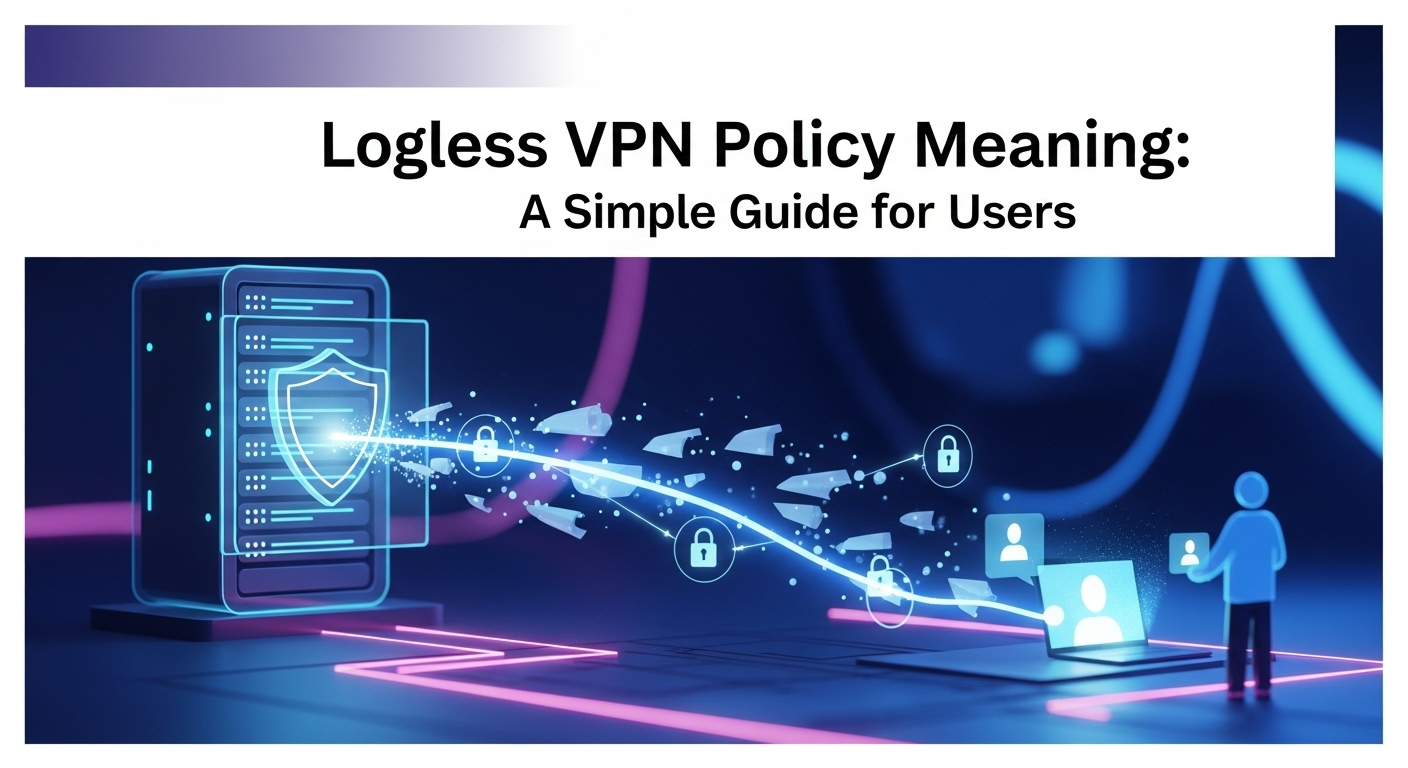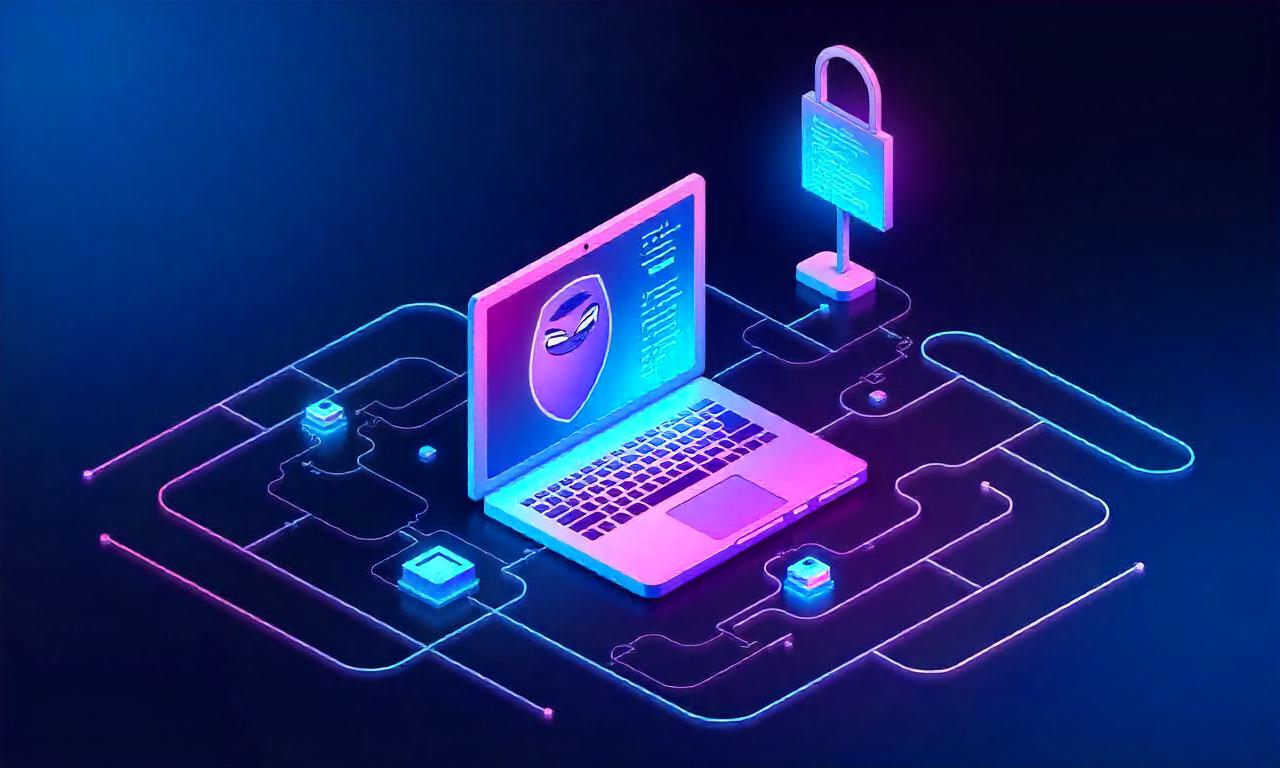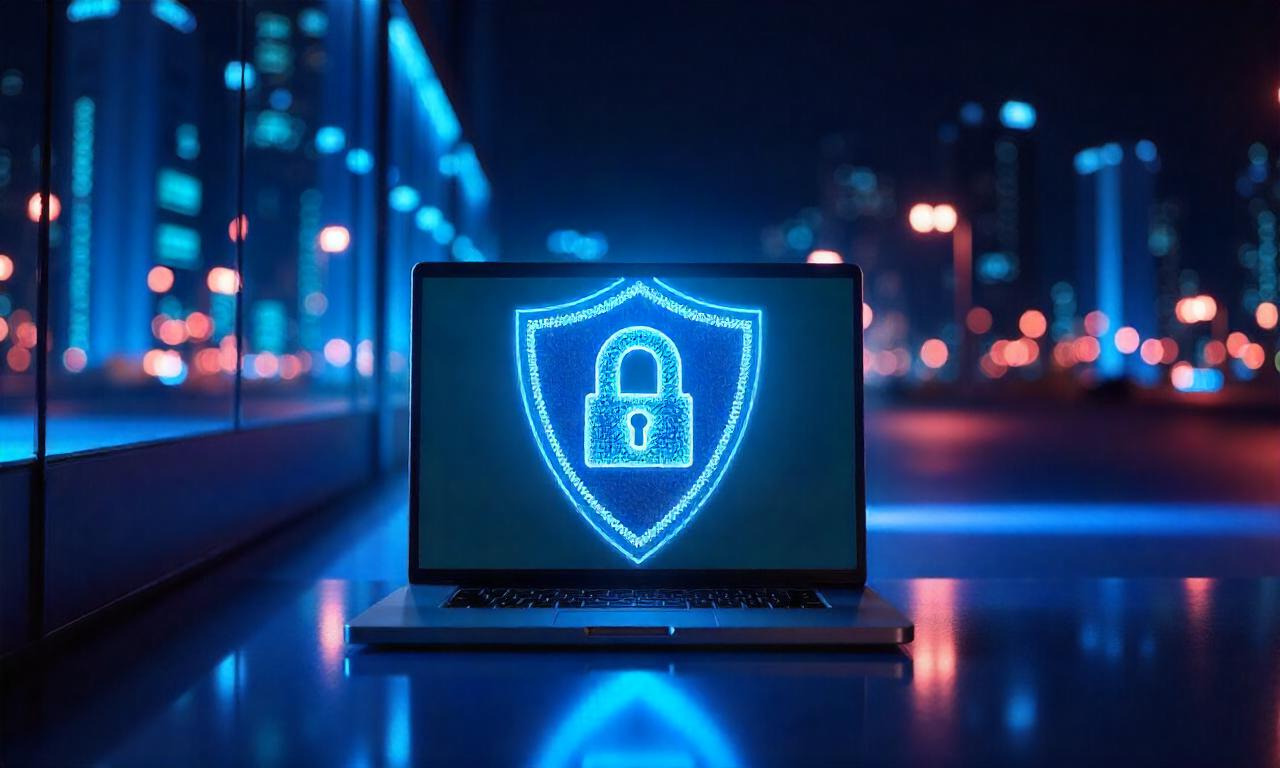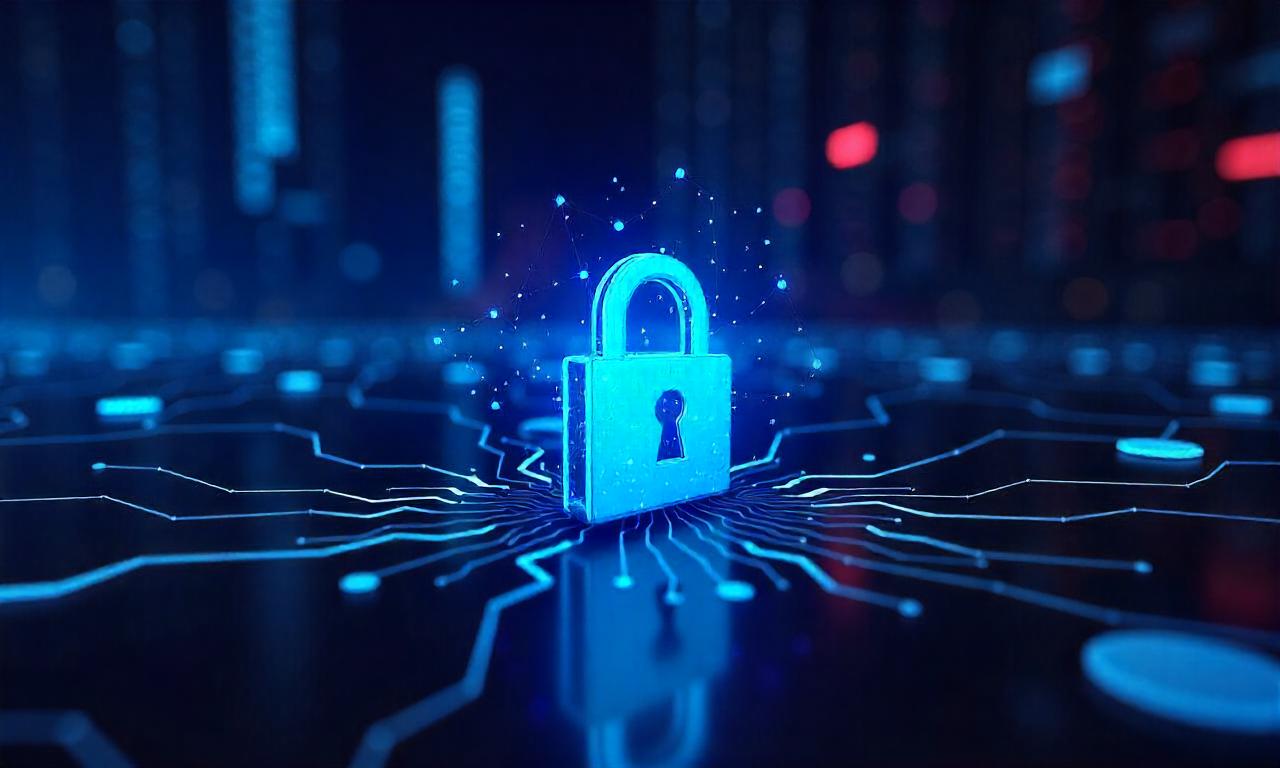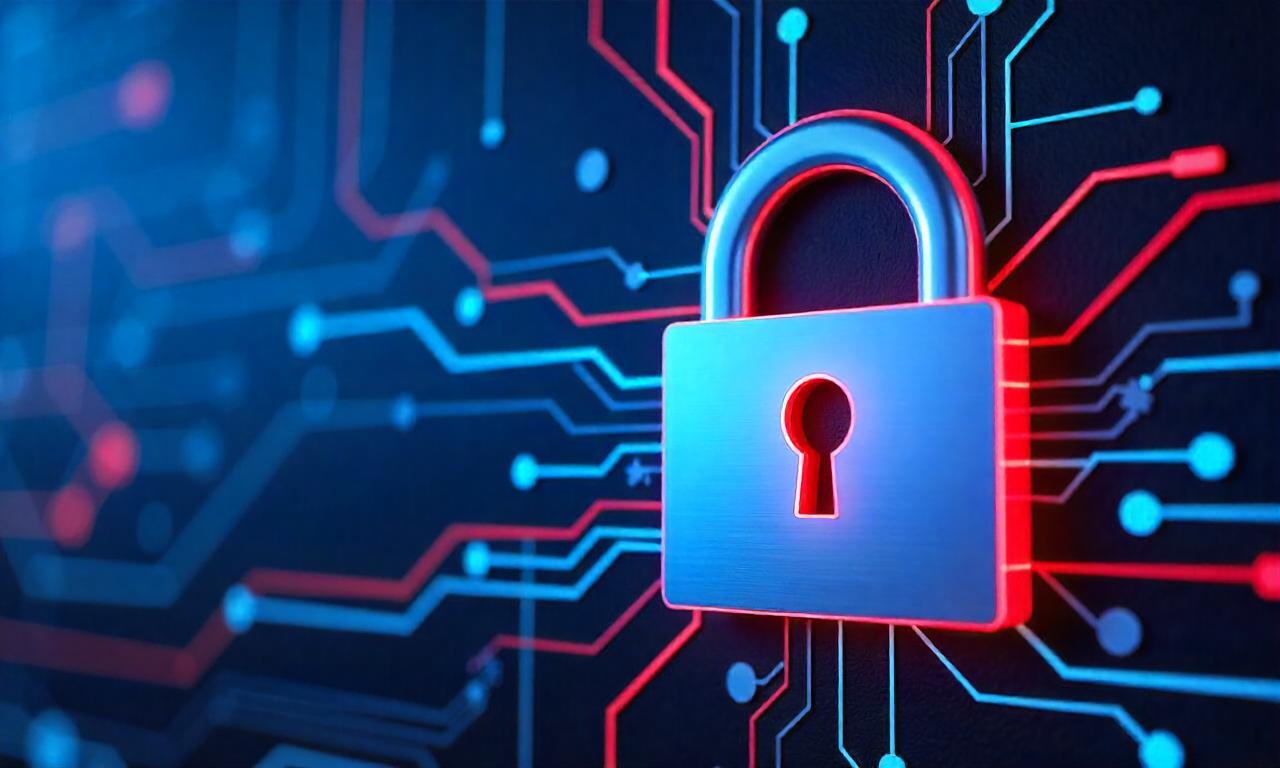In an era where our digital footprints are larger than ever, concerns about online privacy have rightfully taken center stage. From social media platforms to internet service providers (ISPs), numerous entities are tracking, collecting, and often monetizing our online activities. A Virtual Private Network (VPN) has emerged as a crucial tool for reclaiming this privacy, creating a secure, encrypted tunnel for your internet traffic. However, not all VPNs are created equal. The foundational promise of privacy hinges on one critical element: the provider's logging policy. Understanding the logless vpn policy meaning is not just a technical detail; it is the most important factor in determining whether a VPN will truly protect you or simply become another data-gathering entity. This guide will demystify this concept, empowering you to make an informed choice for your digital security.
Table of Contents
ToggleUnderstanding the "Log" in VPNs: What Data is at Stake?
Before we can appreciate a "logless" policy, we must first understand what "logs" are. In the context of a VPN service, logs are records of user activity and connection data that are stored by the VPN provider. Every online service, by its very nature, processes data. When you connect to a VPN server, your traffic is routed through that server. This process generates a massive amount of data, and the provider has to decide what, if any, of that data it wants to record and store. This decision is the bedrock of its privacy policy.
The types of logs a VPN can keep are vast and varied, but they generally fall into two main categories: broad connection logs and highly specific usage logs. Think of it as the difference between a building's security guard noting when you entered and left (connection log) versus having a camera follow you to every room to record what you did inside (usage log). While one is certainly more invasive than the other, even seemingly harmless metadata can be pieced together to compromise your anonymity.
The danger of these logs cannot be overstated. If a VPN provider stores detailed records of your activity, that data can be vulnerable in several ways. It could be handed over to government agencies in response to a legal request, stolen by hackers in a data breach, or even sold to third-party advertisers and data brokers. In essence, a VPN that keeps logs defeats its primary purpose. Instead of being a shield for your privacy, it becomes a centralized repository of your online life, a honeypot of sensitive information waiting to be exploited. This is why a strict no-logs policy is the gold standard.
1. Connection Logs (Metadata)
Connection logs, often referred to as metadata, are records related to the session itself, not the content of your traffic. This might seem less harmful at first glance, but this data can be incredibly revealing. These logs typically include information such as your original IP address, the IP address of the VPN server you connected to, connection timestamps (start and end times), and the amount of data transferred during your session.
Even without knowing the exact websites you visited, this metadata can be used to link online activity back to you. For instance, a law enforcement agency could obtain a timestamp for a specific activity from one online service and then compel the VPN provider to reveal which user was connected to a particular server at that exact moment. This process, known as traffic correlation, effectively shatters your anonymity. Therefore, a truly private VPN should refrain from keeping any connection logs that can be tied to an individual user identity.
2. Usage Logs (Activity Logs)
Usage logs, also known as activity logs, are the most invasive and dangerous type of data a VPN provider can store. These are detailed records of what you actually do while connected to the VPN. This is the "camera in the room" we mentioned earlier, recording every move you make. These logs are a privacy-conscious user's worst nightmare.
This category includes, but is not limited to, the following information:
- The websites you visit
- The search queries you type into Google
- The files you download or upload
- The applications and services you use
- Your communication details, such as messages or video calls
A VPN provider that records this type of information is acting in direct opposition to the principles of privacy and security. There is no legitimate reason for a consumer-facing VPN service to monitor and store user activity logs. If a VPN's privacy policy indicates that it keeps any form of usage or activity logs, it should be avoided at all costs. It's a massive red flag that signals the service cannot be trusted with your data.
Deciphering the Logless VPN Policy Meaning
Now we arrive at the core of our discussion. The term "logless VPN" or "no-logs VPN" is a marketing claim used by nearly every provider in the industry. However, the logless vpn policy meaning can vary dramatically from one service to another. It is not a legally defined or standardized term. In its ideal form, a no-logs policy means that the VPN provider does not store any data that could be used to identify a specific user or their online activities. This includes both connection logs and usage logs.
A true "no-logs" provider structures its systems in a way that user data is never written to a hard drive. It may exist temporarily in the server's RAM (Random Access Memory) during an active session, but it is wiped clean the moment the session ends or the server is rebooted. This technical design makes it impossible for the provider to comply with a data request from authorities because the data simply does not exist. They cannot hand over what they do not have.
However, it's crucial to understand that even the strictest no-logs VPNs need to monitor some data for service maintenance and optimization. For example, they might track the total number of users on a specific server to manage load balancing or monitor the total bandwidth used across their network to plan for capacity upgrades. The critical difference is that this data is aggregated and completely anonymized. It cannot be tied back to an individual user account. It's like counting the number of cars on a highway without recording their license plates or drivers. This minimal, non-identifiable data collection is perfectly acceptable and necessary for running a healthy service.
Why a Strict No-Logs Policy is Non-Negotiable for Privacy
Choosing a VPN with a verified no-logs policy isn't just a preference; it's a fundamental requirement for anyone serious about their digital privacy. This single feature underpins the entire promise of a VPN: to provide a secure and anonymous online experience. Without it, you are simply shifting your trust from your ISP, which you know is tracking you, to a VPN provider that claims it isn't, without any real guarantee.
The primary benefit is protection from surveillance and data collection. In your home country, your ISP logs your every move. When traveling, you are at the mercy of public Wi-Fi networks and foreign ISPs. A logless VPN severs this chain of surveillance. Since your traffic is encrypted and the VPN provider keeps no records, no entity—not your ISP, not a hacker on a public network, and not the VPN provider itself—can see what you're doing or link it back to you. This is the core of digital freedom.
Furthermore, a no-logs policy is your best defense against having your data compromised in a security breach. VPN providers, like any tech company, are targets for hackers. If a provider that logs user data is hacked, a treasure trove of sensitive information—browsing histories, download records, and personal IP addresses—could be leaked onto the dark web or used for malicious purposes. Conversely, if a true no-logs VPN provider is breached, the attackers will find nothing of value. There are no user activity logs to steal, rendering the attack futile from a data-theft perspective.
1. Achieving True Digital Anonymity
Digital anonymity is the state of being unidentifiable online. A no-logs policy is the cornerstone of achieving this. When you connect to the internet, your device is assigned a unique IP address, which acts like a digital license plate, linking your online activities directly to your device and location. A VPN masks this by replacing your IP address with one from its own server.
However, if the VPN provider keeps a log matching your original IP address to the server IP you used at a specific time, your anonymity is completely compromised. A third party could legally compel the VPN to reveal this information. A true no-logs policy breaks this link permanently. There is no record connecting your identity to your online sessions. This creates a powerful layer of anonymity that prevents advertisers, governments, and your ISP from building a profile of your online behavior.
2. Bypassing Censorship and Geo-Restrictions Safely
Many users rely on VPNs to access content that is censored by their government or restricted in their geographic region. This can range from accessing global news sites and social media platforms in restrictive countries to streaming content from a different country's media library. This activity, while often benign, can carry risks in certain jurisdictions.
A logless VPN provides a crucial layer of safety for these users. By ensuring there is no record of a user accessing a specific blocked website or service, it protects them from potential repercussions. If authorities were to investigate, the VPN provider would have no data to provide that could incriminate the user. This allows journalists, activists, and ordinary citizens to exercise their right to information and free expression without fear of their activities being logged and used against them.
How to Verify a VPN's No-Logs Claim: Beyond the Marketing Hype
Any VPN provider can splash "100% NO-LOGS VPN!" across its homepage. Words on a website are cheap. For a user, the challenge is to separate genuine, privacy-respecting services from those making empty promises. Verifying a no-logs claim requires a bit of detective work and looking for concrete evidence beyond the marketing copy. A trustworthy provider will be transparent and offer multiple forms of proof to back up its claims.
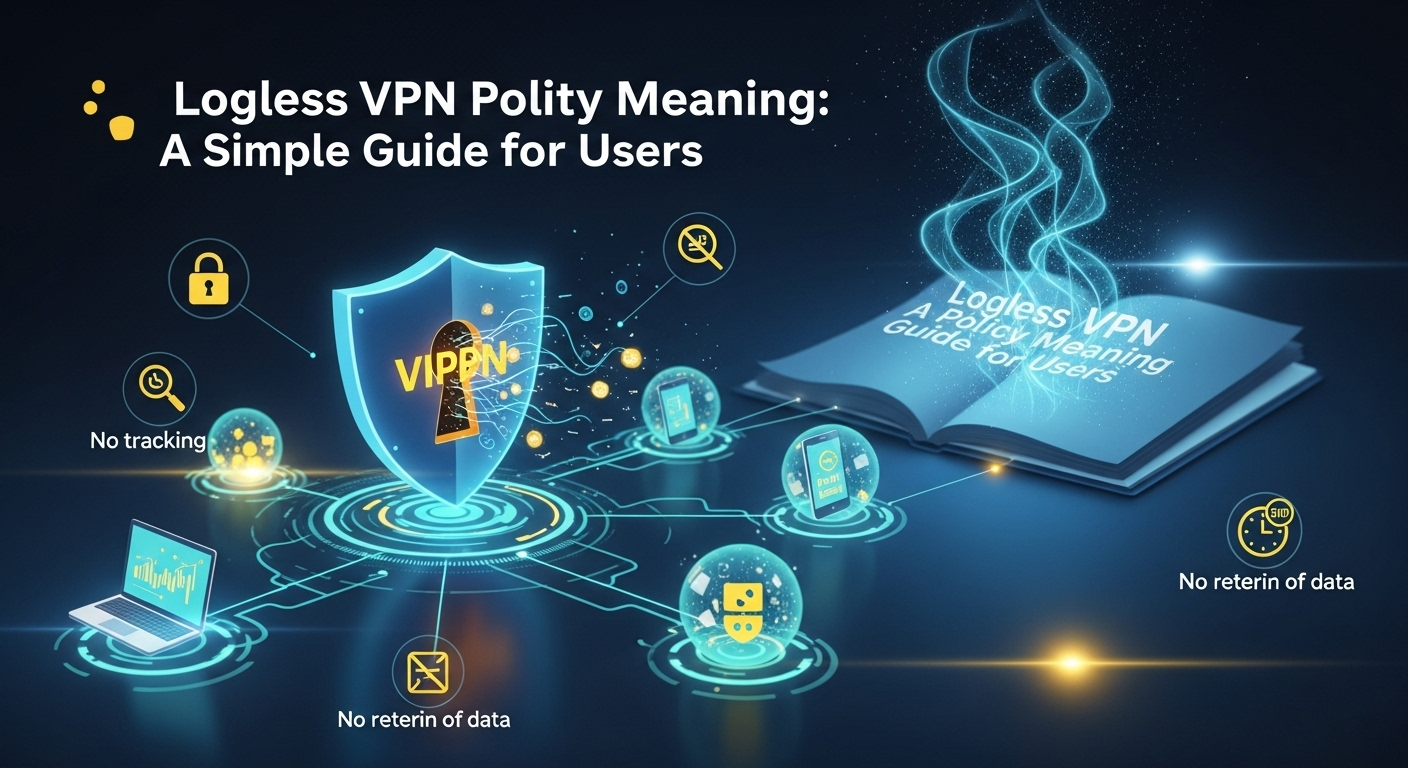
The most important step is to read the privacy policy and terms of service. While often long and filled with legal jargon, these documents are where the company makes its official statements. Look for clear, unambiguous language. Avoid providers whose policies contain vague phrases like "we may collect some data for service improvement" without specifying exactly what that data is. A trustworthy policy will explicitly state what is not collected (e.g., "We do not log your IP address, browsing history, or DNS queries").
Beyond the policy itself, look for external validation. A company's claims are one thing; independent verification is another. This is where factors like third-party audits, the company's legal jurisdiction, and its history of handling data requests come into play. These elements provide tangible proof that the provider's commitment to privacy is more than just a marketing slogan.
1. Independent Third-Party Audits
The gold standard for verifying a no-logs claim is a comprehensive audit conducted by a reputable, independent third-party firm. These firms, often major accounting and security companies like PricewaterhouseCoopers (PwC), Deloitte, or Cure53, are hired by the VPN provider to scrutinize their servers, infrastructure, and internal policies. The goal is to confirm that the provider's real-world practices align with the promises made in its privacy policy.
A trustworthy VPN provider will not only undergo these audits but will also make the results public, often by publishing a summary or even the full report for its users to read. This level of transparency is a powerful trust signal. It shows the company is confident in its systems and is willing to be held accountable. When choosing a VPN, actively look for providers that regularly conduct and publish independent security and no-logs audits.
2. The Importance of Jurisdiction
A VPN provider is subject to the laws of the country in which it is legally based. This is its jurisdiction, and it plays a critical role in its ability to maintain a true no-logs policy. Some countries have mandatory data retention laws that legally require telecommunication and internet companies to log user data for a specific period. A VPN based in such a country simply cannot offer a true no-logs service, regardless of what its marketing says.
Furthermore, it's wise to avoid VPNs headquartered in countries that are part of intelligence-sharing alliances, such as the 5 Eyes, 9 Eyes, or 14 Eyes alliances (which include countries like the US, UK, Canada, Australia, and Germany). These agreements facilitate the sharing of surveillance data between member nations. The safest choice is a VPN provider based in a privacy-friendly jurisdiction like the British Virgin Islands, Panama, or Switzerland. These countries do not have data retention laws and are not beholden to international surveillance agreements, giving the VPN provider the legal freedom to honor its no-logs promise.
3. Real-World Court Cases and Seizure Events
Perhaps the most potent proof of a no-logs policy is its performance in a real-world test. There have been several high-profile cases where authorities, as part of a criminal investigation, have seized the physical servers of a VPN provider in an attempt to obtain user data. In these instances, providers with genuine no-logs policies were able to demonstrate that no useful information could be recovered from the servers.
These real-world examples serve as the ultimate validation. When a VPN provider can publicly state that its servers were seized but no user data was compromised because none existed, it provides irrefutable proof of its no-logs architecture. Before committing to a service, a quick search for news related to the VPN provider's history with law enforcement requests or server seizures can be incredibly revealing.
The Spectrum of "No-Log" Policies: A Comparative Look
It is essential for users to understand that "no-logs" is not a binary concept; it's a spectrum. Providers' policies range from truly logless to dangerously invasive, and many exist in a gray area in between. The marketing term "no-logs" is often used to cover all but the most egregious logging practices, making it crucial for users to look deeper.
On one end of the spectrum, you have the "True No-Logs" providers. These services have been independently audited, are based in a privacy-haven jurisdiction, and often use RAM-only servers. They collect absolutely no personally identifiable information (PII). On the other end, you have "Invasive Logging" providers. These are often "free" VPNs that secretly log your browsing history, IP address, and connection times, then sell that data to advertisers. Their business model is based on violating your privacy, not protecting it.
In the middle lies a large group of providers that practice "Minimal Logging." They might claim to be "no-logs" because they don't store your browsing history (usage logs), but they may still keep some connection logs, such as your original IP address or connection timestamps, for a short period. While better than invasive logging, this still presents a potential privacy risk. The best practice for any user is to aim for the "True No-Logs" end of the spectrum and to carefully read the privacy policy to understand exactly where a provider falls.
| Level of Logging | Examples of Data Kept | Privacy Risk |
|---|---|---|
| True No-Logs | – Aggregated, anonymous server load data<br>- Anonymized total bandwidth usage | Very Low. Data is not tied to individual users and cannot be used to identify you. |
| Minimal Connection Logging | – Your original IP address (sometimes for the duration of the session)<br>- Connection start/end times<br>- Total data transferred per session | Medium. This metadata can be used in traffic correlation attacks to de-anonymize a user if a third party has other pieces of information. |
| Invasive Usage Logging | – Websites you visit<br>- Your original IP address<br>- Connection timestamps<br>- Files you download<br>- DNS requests | Extremely High. This is a complete record of your online activity. A VPN that does this offers no privacy protection and actively compromises it. |
—
Frequently Asked Questions (FAQ)
Q: Aren't all paid VPNs "no-log" VPNs by default?
A: No, this is a common misconception. While paid VPNs are generally more trustworthy than free ones, a subscription fee is not a guarantee of a no-logs policy. Many paid providers still log some user data. It is crucial to evaluate every provider based on its specific policy, audits, and jurisdiction, regardless of its price.
Q: Can I be 100% anonymous online with a logless VPN?
A: A logless VPN is a powerful and essential tool for anonymity, but it's not a magic bullet. Achieving near-total anonymity requires a multi-layered approach. You also need to be mindful of browser cookies, device fingerprinting, and the information you voluntarily share on websites and social media. A VPN protects your traffic, but practicing good digital hygiene is also vital.
Q: What is the difference between a "logless" and a "zero-log" policy?
A: In practice, there is no difference. "Logless," "zero-log," and "no-logs" are all marketing terms used to describe the same concept: a policy of not storing sensitive user data. The substance behind the term is far more important than the specific phrasing used. Focus on verifying the claim through audits and policy analysis rather than getting caught up in the marketing terminology.
Q: If a VPN doesn't keep logs, how does it enforce device limits or troubleshoot problems?
A: Trustworthy VPNs have clever ways to manage their service without logging PII. For device limits, the control is typically handled on the client-side app or through a temporary, anonymous counter on the server that is not logged. For troubleshooting, they rely on anonymized and aggregated data, such as overall server CPU load or error rates, which are not tied to any specific user. This allows them to maintain a healthy network without compromising individual privacy.
Conclusion
In the complex world of digital security, the logless vpn policy meaning stands out as a clear and critical benchmark of a provider's trustworthiness. It is the dividing line between a service that genuinely protects your privacy and one that merely pays lip service to it. A true no-logs policy, verified by independent audits, supported by a privacy-friendly jurisdiction, and proven in real-world scenarios, is not a luxury feature—it is the absolute foundation of a secure VPN.
As a user, your greatest tool is knowledge. By moving beyond the marketing headlines and learning to scrutinize privacy policies, look for audits, and understand the importance of jurisdiction, you can confidently choose a VPN that aligns with your privacy goals. In an internet that constantly seeks to track and catalog our behavior, a verified logless VPN remains one of the most effective instruments for reclaiming your right to a private, secure, and open online experience. Choose wisely.
***
Article Summary
This article, "Logless VPN Policy Meaning: A Simple Guide for Users," provides an in-depth explanation of what a no-logs policy entails for a Virtual Private Network (VPN). It begins by defining what "logs" are, categorizing them into invasive usage logs (browsing history) and potentially harmful connection logs (metadata like IP addresses and timestamps). The core of the article explains that a "logless" or "no-logs" policy means a VPN provider does not store any personally identifiable information that could link online activity back to a user. It highlights that this policy is non-negotiable for true digital privacy, as it protects users from government surveillance, data breaches, and corporate data collection. The guide then provides actionable advice on how to verify a provider's no-logs claim by examining third-party audits, the provider's legal jurisdiction (avoiding 5/9/14 Eyes countries), and its track record in real-world court cases. A comparative table illustrates the spectrum of logging policies, from "True No-Logs" to "Invasive Logging." The article concludes by emphasizing that a verified no-logs policy is the most critical factor when choosing a VPN for security and anonymity.

